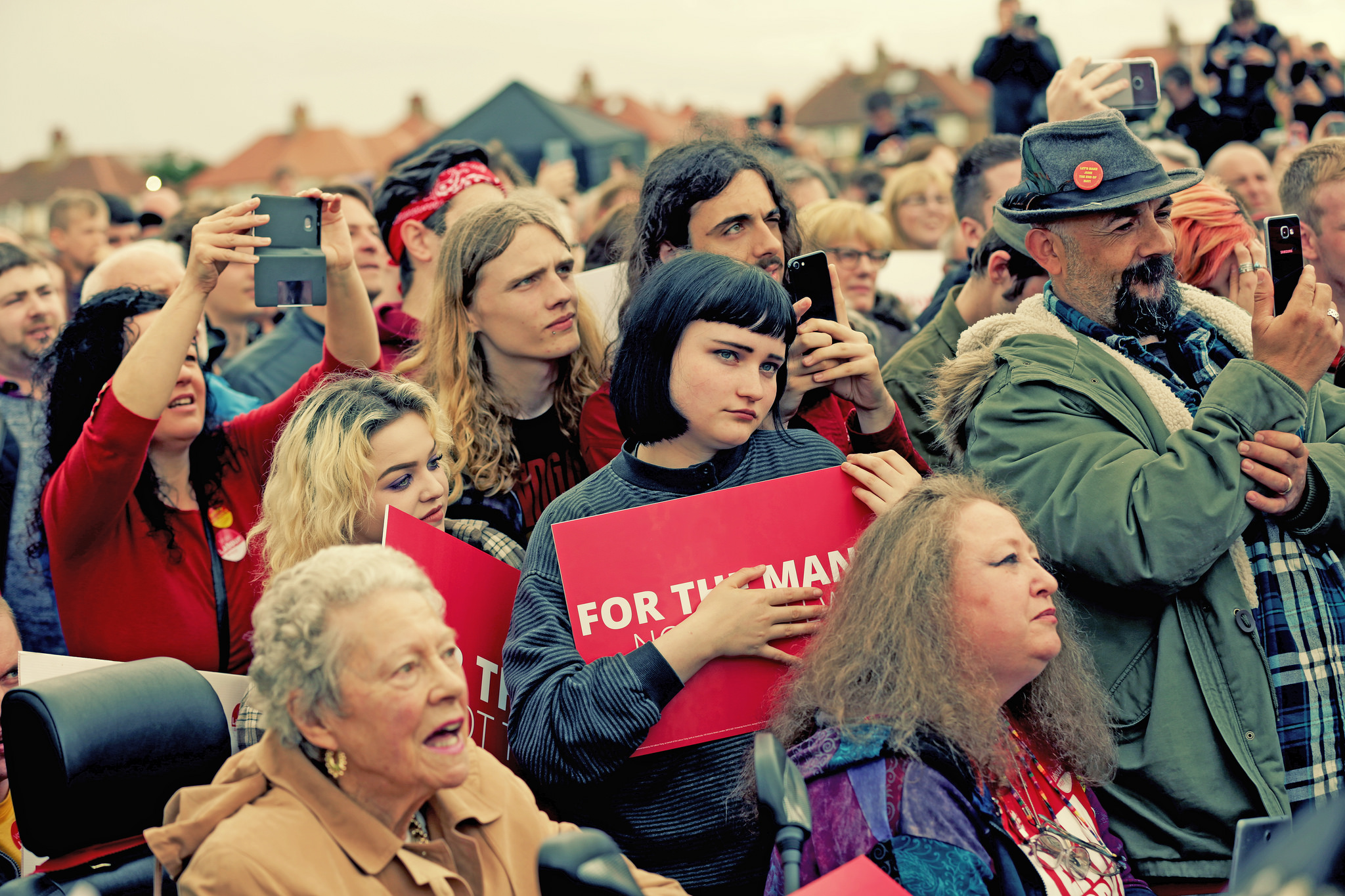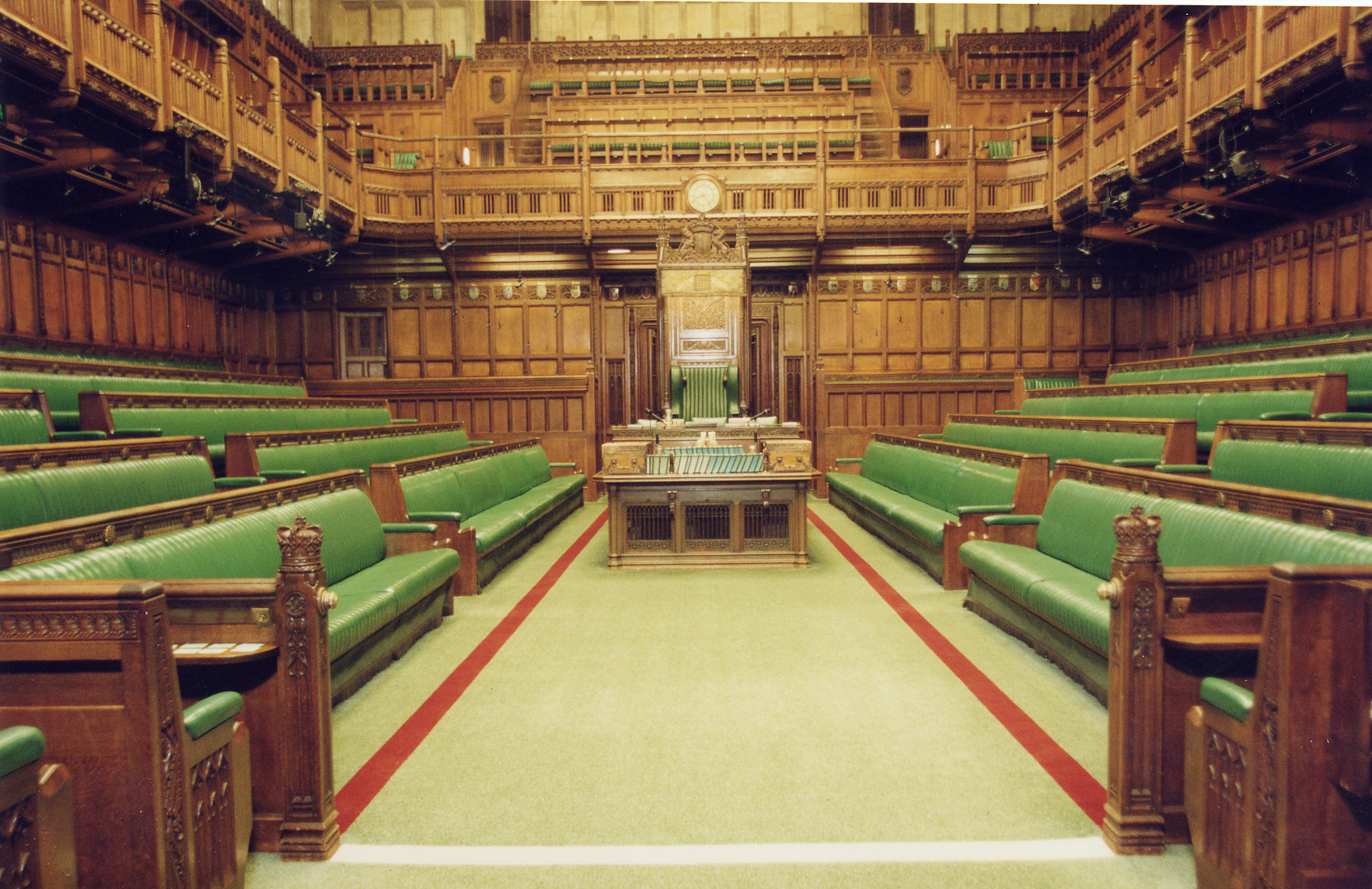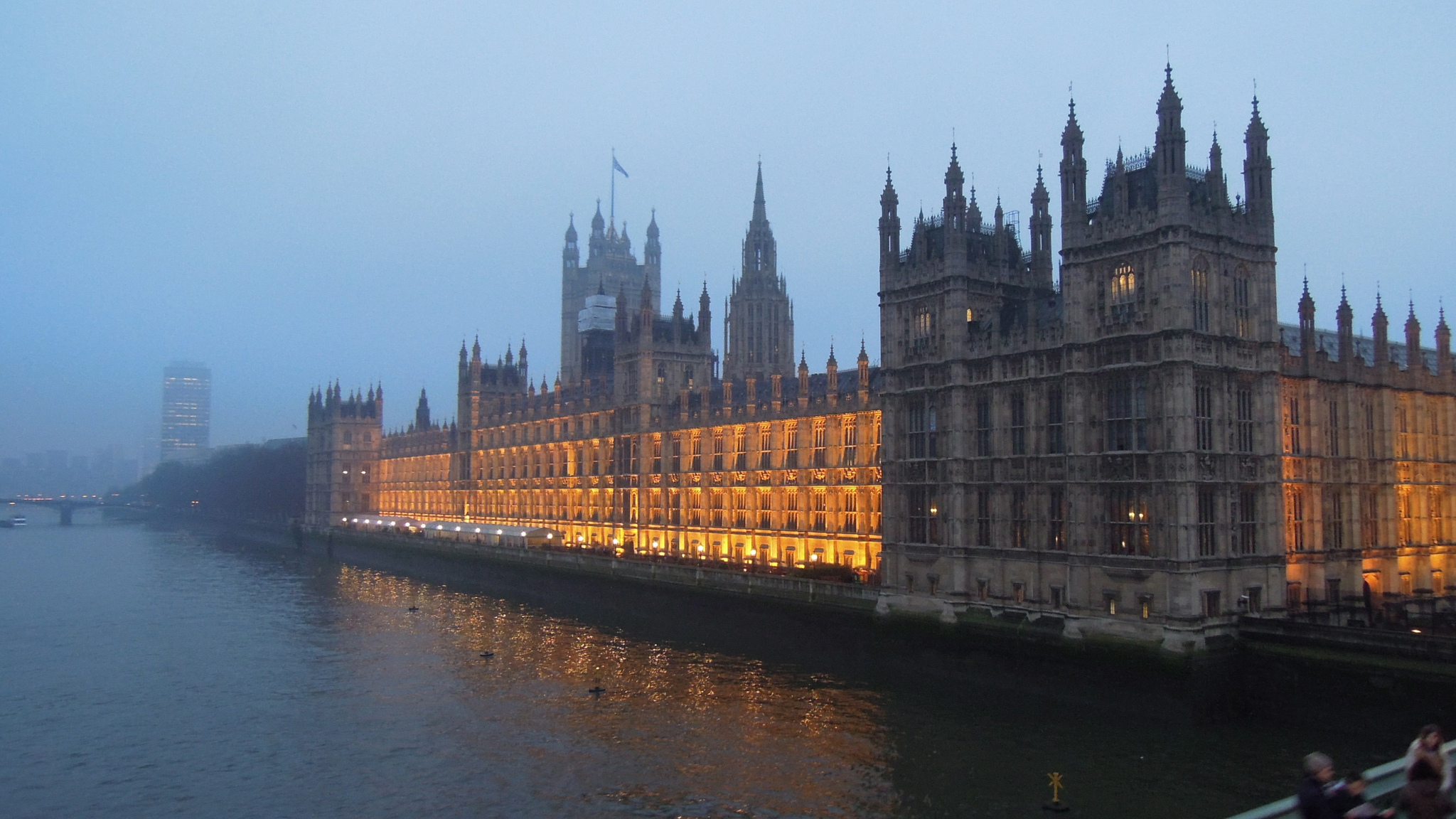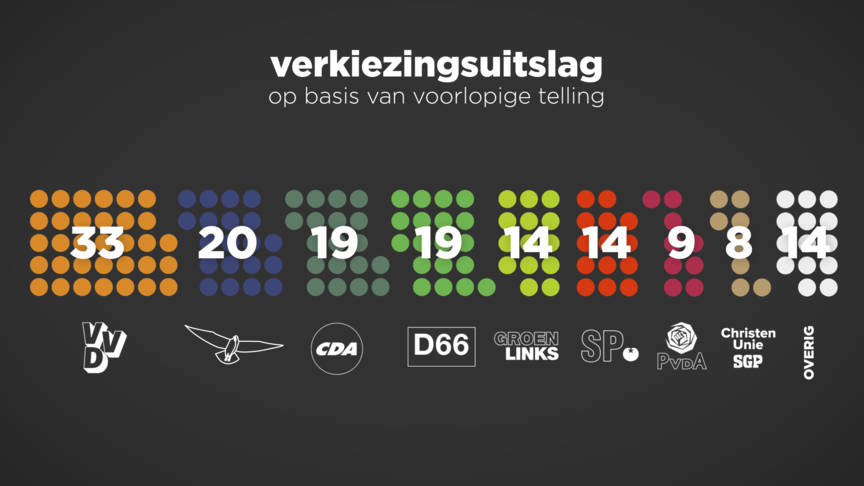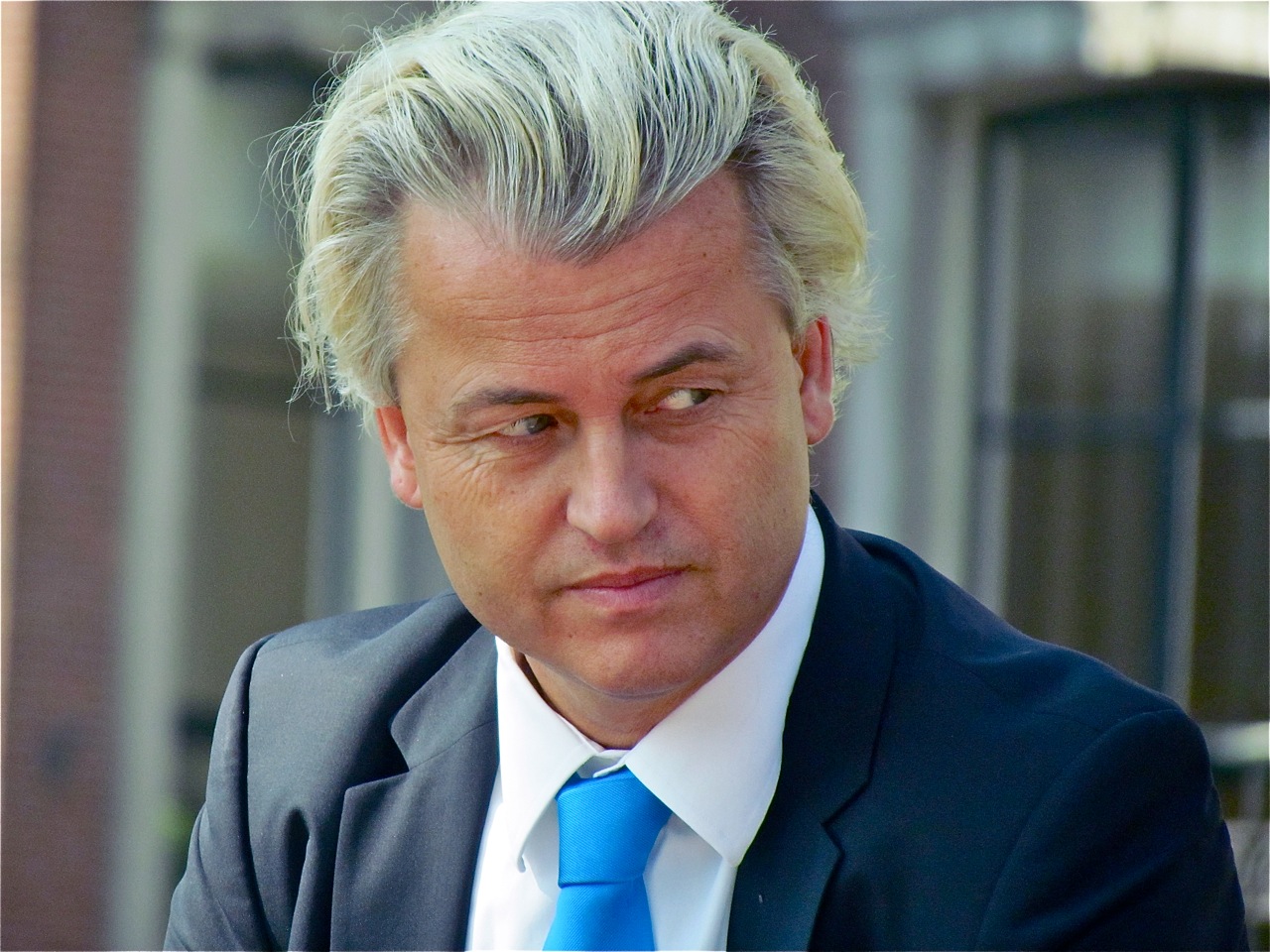As elections approach in the Netherlands, France and Germany, people interested in immigration issues are no doubt focused on the chances of the far-right parties, whose platforms focus explicitly on reducing flows of immigrants and refugees. The Dutch Partij voor de Vrijheid (PVV) has promised to reduce immigration of Muslims, leave the European Union, and strengthen borders. The Front National‘s (FN) Marine Le Pen has similarly proposed a Brexit-like referendum to leave the European Union and opposes immigration of refugees and EU migrants into France. And Germany’s Alternative für Deutschland (AfD) calls for closing German borders to Europe and revamping the law to reduce asylum.
All three of these parties have seen major increases in popularity in their home countries, with both PVV and FN leading in some polls, while AfD, although losing a bit of support, is still making a very strong showing considering the relative newness of their party and their position in comparison to more established national parties such as the Greens. As a result, some are saying that, after Brexit and Donald Trump’s victory in the US, Europe should be prepared for a big upset. Continue reading “The Far-Right’s Coalition Conundrum”
